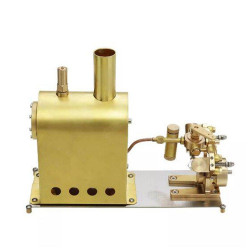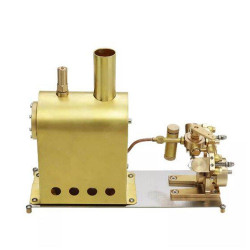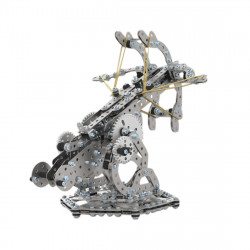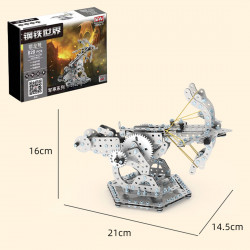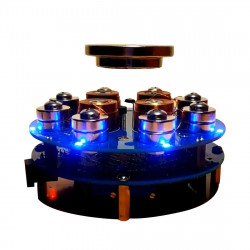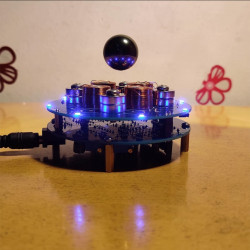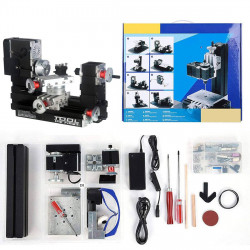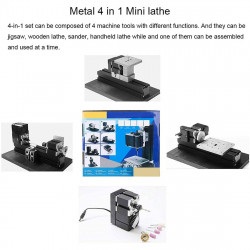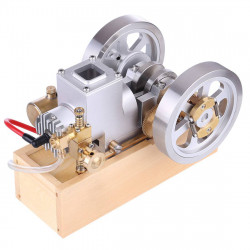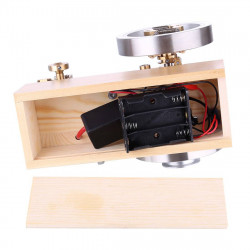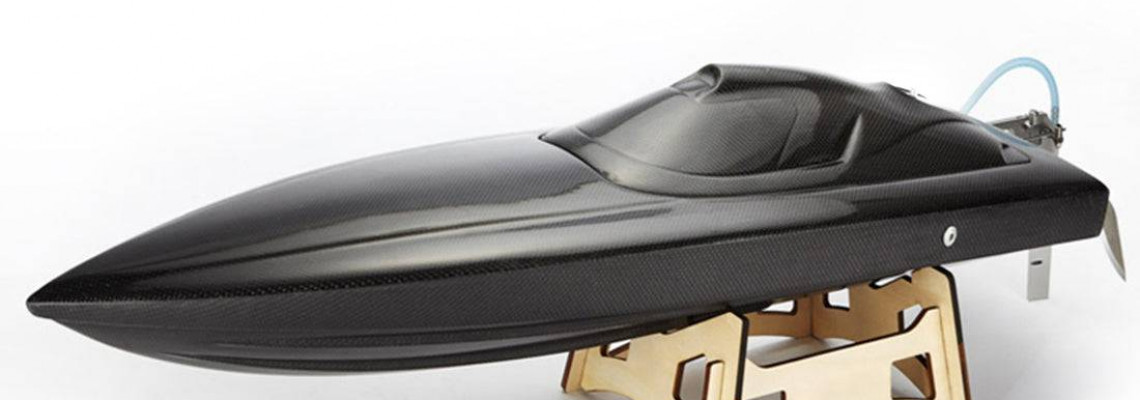
How to Get The Best Out of Your RC Boat's Control and Power Systems
Understanding the control and power systems is essential for any enthusiast of Radio Controlled (RC) boats in order to fully realize the potential of this aquatic wonder.
These systems are not only the 'brain' and 'heart' of your remote-controlled boat; they also determine its efficiency, direct its performance, and make sailing fun and seamless.
Therefore, everyone who wants to maximize their use must comprehend how these systems operate and how to maximize their potential. You will know what adjustments are necessary to achieve peak performance if you take the time to learn.
This tutorial is all about that, and we'll cover everything you need to know. So fasten your seatbelts, and let's explore the subtleties of RC boat sailing.
Understanding RC Boat Controls
Controls for RC boats are essential for skillful and accurate ship maneuvering. Let's dissect the two fundamentals to consider: mechanical controls and electronic controls.
Mechanical Controls: The Backbone of Maneuverability
Mechanical controls are necessary for a number of functions, including steering, throttle, and trimming, and they guarantee your RC boat stays responsive:
Servos: tiny but strong motors that mechanically convert radio signals into motion, like adjusting the throttle or steering.
Cables & Linkages: These plastic or metal rods ensure precise and seamless control by transmitting motion from servos to the appropriate components.
Rudder & Trim Tabs: The rudder guides your RC boat's orientation, and the trim tabs, which keep it level on the water, improve its stability and handling.
Electronic Controls: Advanced Precision for Perfect Piloting
These advanced control systems provide helpful feedback and fine-tuning capabilities while smoothly monitoring the operation of your RC boat:
Radio Transmitter: The portable gadget that communicates with your boat via radio and controls its operations via accurate sticks, knobs, and switches.
Radio Receiver: A tiny part of your boat that picks up radio signals and sends them to the correct electronic parts and servos.
Electronic Speed Controllers (ESC): These cutting-edge controls use proportional adjustments based on the input from your transmitter to regulate the motor speed of your boat.
If you maximize every part of your RC boat, you'll have the chance to make it come to life.
Electric Power Systems: Clean & Quiet Performance
Battery-driven motors, the brains of your electric power system, are essential to electric-powered remote-controlled boats. Two distinct varieties of intriguing power systems support these motors.
The motors come first;
Brushed Motors: Brushless motors are standard in entry-level electric remote-control boats because they are inexpensive and easy to maintain.
Brushless Motors: Although they offer more speed and lifespan, these more potent and efficient motors might be more expensive.
Nitro Power Systems: High Speeds & Easy Tuning
Internal combustion engines and methanol-based fuel power nitro boats, which provide exhilarating performance and more realism:
2-Stroke Engines: Nitro 2-stroke engines are small, light, and provide excellent power-to-weight ratios for faster thrills.
Tuning Flexibility: You can modify the performance of nitro engines to make your RC boat fit your requirements and tastes.
Gas Power Systems: Rugged & Reliable Performance
Gas-powered boats are usually seen in larger, more potent types and are fueled by gasoline:
4-Stroke Engines: These sturdy, fuel-efficient engines are perfect for larger boats since they provide more torque and a longer runtime.
Ease of Maintenance: Compared to nitro engines, gas engines require less maintenance, offering dependability and lower operating expenses.
Being aware of the differences between electric, nitro, and gas power systems can help you make the best decision for your RC boat.
Discovering the world of power systems will open the door to optimal performance and an absolutely thrilling experience on the water, regardless of your priorities: speed, fuel efficiency, or ease of maintenance.
Tips to Optimize RC Boat Controls and Power Systems
Knowing how to optimize controls and power systems is just as crucial as comprehending their specifics. Here are some helpful hints and methods for improving the longevity and performance of your RC boat systems.
Take into account the following advice to guarantee your RC boat is controlled as precisely and responsively as possible:
- Maintain Your Servos: Your servos' lifespan and functionality can be increased with routine cleaning and lubrication.
- Calibrate Your Transmitter:To guarantee precise signal communication, calibrate your transmitter and receiver pair regularly.
- Proper Motor Maintenance: For electric boats, keep the motor clean and avoid overloading it. Change the oil and clean the filters on gas and nitro boats regularly.
- Smart Battery Management: Using the proper methods for charging and discharging your batteries will significantly extend their lifespan.
- Regular Inspections: Frequent system inspections can help prevent possible problems by seeing wear and tear early.
- Quality Spare Parts: When doing repairs, always utilize high-quality replacements. Although they might cost more upfront, you might end up saving more money later.
By following these guidelines, you may significantly increase the longevity and performance of your RC boat. Maintenance is a crucial constant that keeps you going smoothly and goes beyond simple repairs.
Common Mistakes to Avoid
Even seasoned RC boaters occasionally forget essential procedures, which can result in poor performance or even damage. Here are some critical things to avoid:
Neglecting Maintenance: Maintaining your RC boat's operation readiness and efficiency requires routine inspections and maintenance, which are not optional.
Ignoring Transmitter Calibration: Reduced control precision may result from neglecting the necessity of routine transmitter-receiver calibration.
Unsuitable Power Usage: Overstressing your power system, such as pushing your motor too hard or not adhering to recommended battery practices, can significantly impact battery longevity and performance.
Opting for Poor-quality Spare Parts: Low-quality parts may cost you more in the long run due to potential damage or the need for frequent replacements. Always select high-quality parts.
Conclusion
Gaining proficiency with the power and control systems of your RC boat will significantly improve your vessel performance and seamanship. Knowledge is power, especially when it comes to RC boating!
Explore V8engineforsale for the best RC adventures; they have excellent boats and great customer service, so you can be sure you'll always make waves.
Sailors, keep sailing!
